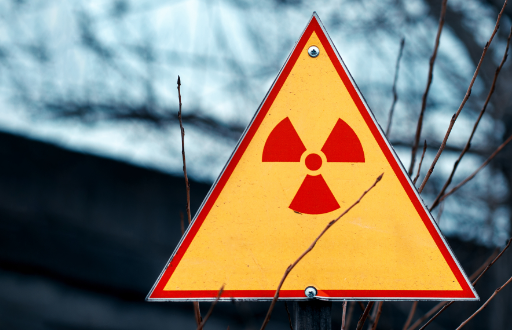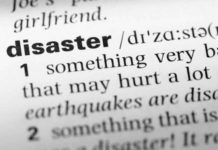Friday marked the first time since 2007 that the World Health Organization (WHO) has updated its list of recommended medications for treating exposure to radiological and nuclear emergencies.
The updated list, which advises nations on how to stockpile for nuclear and radiological accidents and emergencies, is included in a new WHO report that reflects data and research for related medical treatment that have emerged over the past decade.
The director of the WHO’s Department of Public Health and Environment, Maria Neira, stated that it was crucial for nations and governments to have “ready supplies of lifesaving medicines that will reduce radiation-related risks and treat radiation-related injuries.”
“In radiation emergencies, people may be exposed to radiation at doses ranging from negligible to life-threatening,” Neira said in a statement. “Governments need to make treatments available for those in need — fast.”
The World Health Organization states that a typical radiation emergency stockpile should include stable iodine to reduce the exposure of the thyroid to radioactive iodine, chelating agents to reduce radioactive cesium, which can form during nuclear fission, from the body, and cytokines to mitigate bone marrow damage.
WHO: Updates List of Medicines to Stockpile for Nuclear Emergencieshttps://t.co/OgUk2h0OYH
— SEGAMI (@segamihcfund) January 27, 2023
Infections, diarrhoea, vomiting, as well as other causes of bodily injury and radiation exposure, can be treated by a number of other medications. It also describes the types of drugs and chemicals, how to store and administer them, and how to administer drugs in an emergency.
There are approximately 440 nuclear reactors worldwide, and nine nations, including the United States, are considered nuclear powers.
Radiation exposure can cause DNA damage and cardiovascular disease or cancer. Extreme radiation exposure can result in acute radiation syndrome, which causes vomiting and nausea and can be fatal.
According to the WHO, several nations still lack adequate emergency preparedness measures for radiation incidents.
Mike Ryan, executive director of the World Health Organization’s Health Emergencies Program, stated in a statement that the updated list will be essential for government preparedness.
“This updated critical medicines list will be an essential preparedness and readiness tool for our partners to identify, procure, stockpile, and deliver effective countermeasures to those at risk or exposed in these events,” said Ryan.




